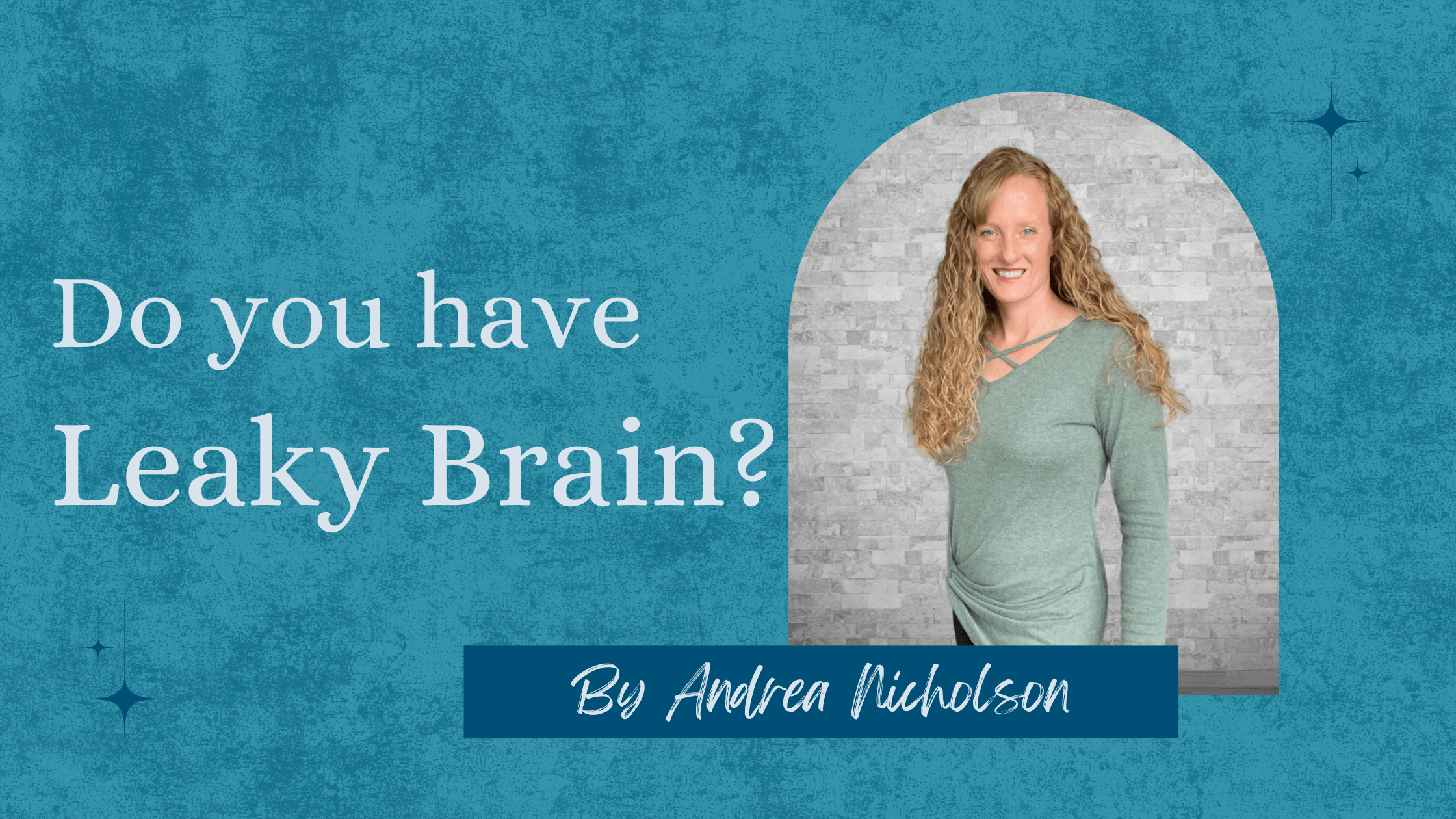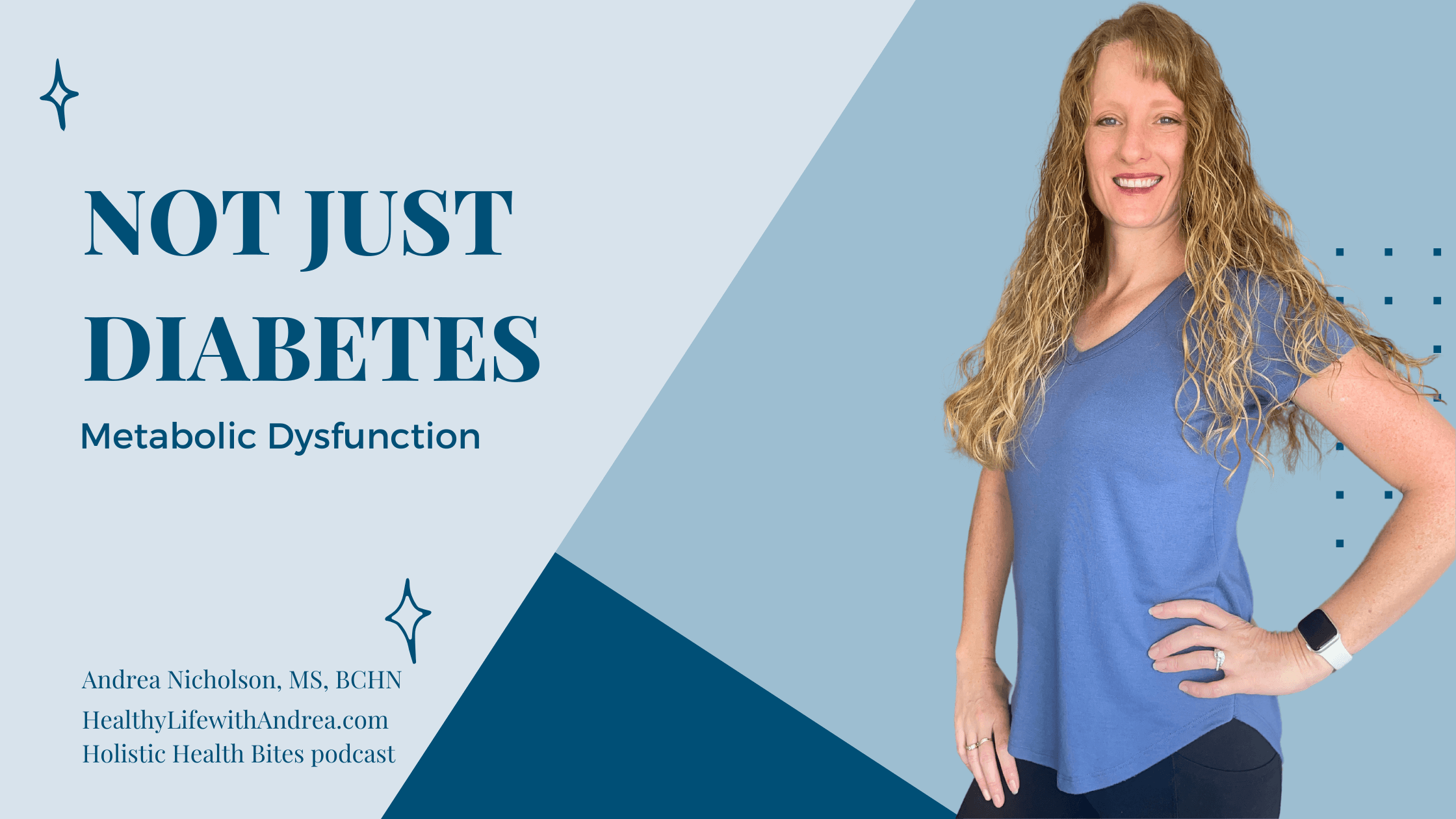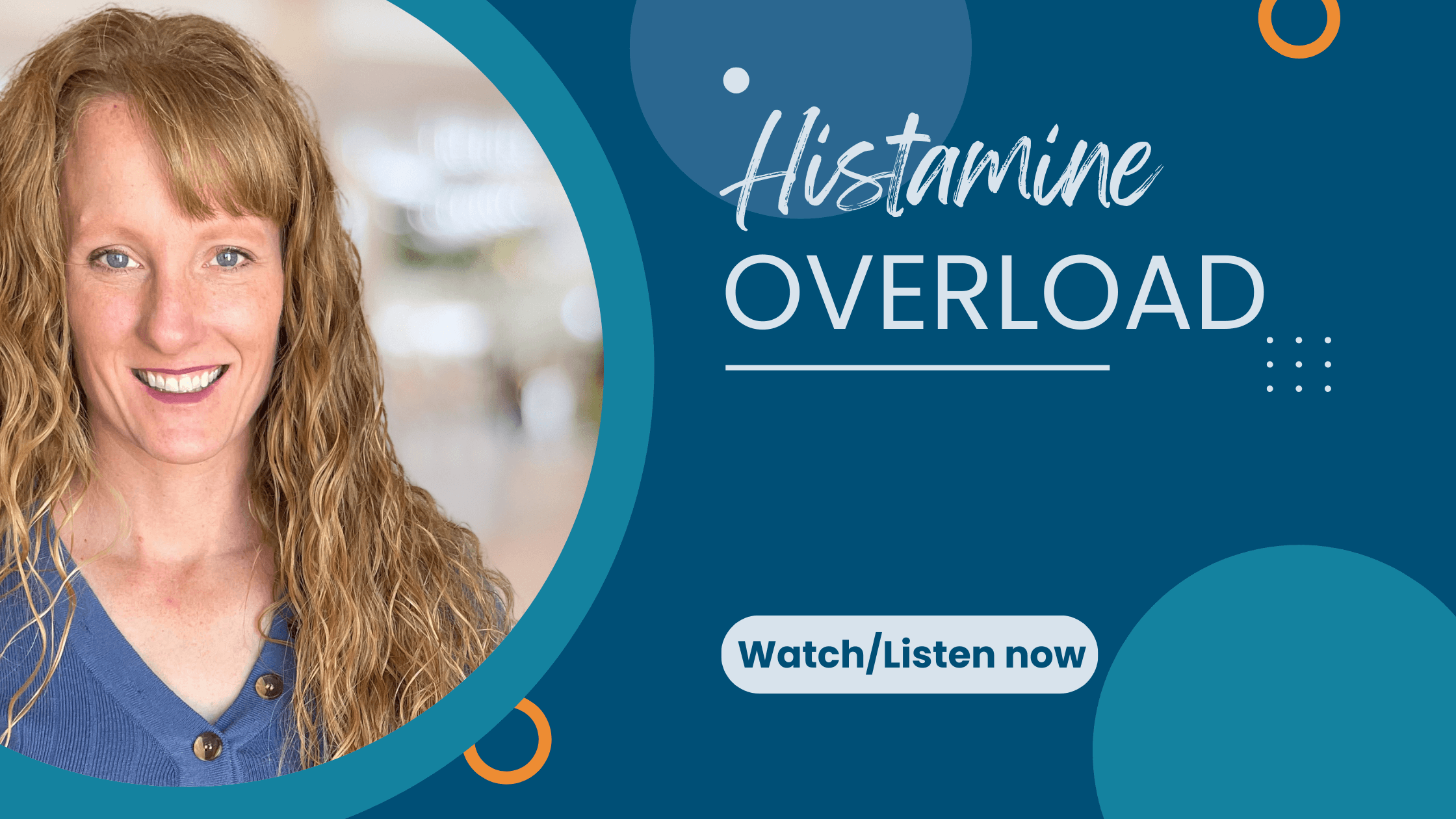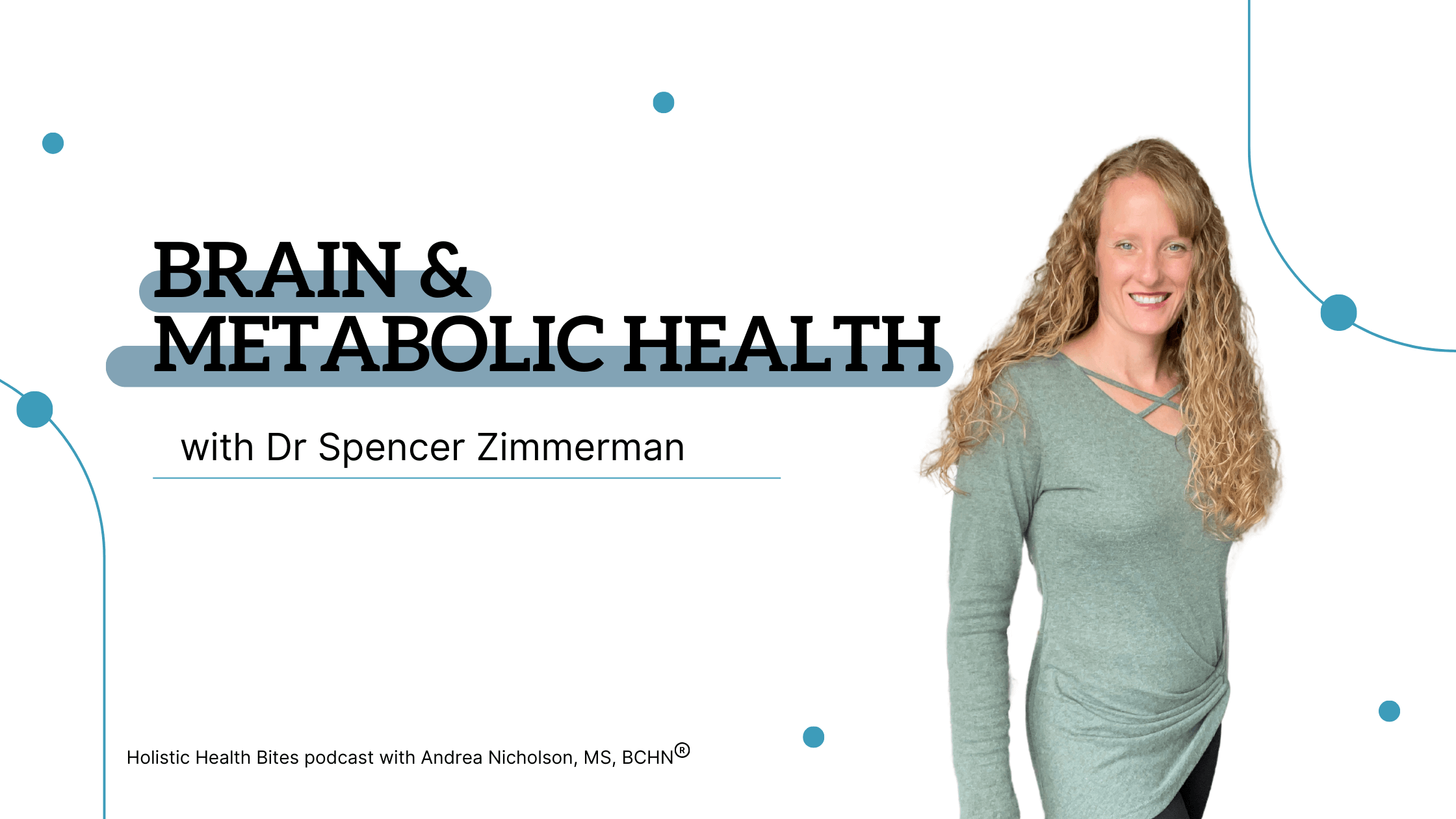
Your gut and brain are closely connected, and inflammation might harm both. A weakened blood-brain barrier (leaky brain) lets harmful substances into the brain, potentially leading to mental health issues like depression and neurodegenerative diseases. This is similar to leaky gut, where a loose intestinal lining allows toxins into the bloodstream.
Research shows that improving gut health—through probiotics, prebiotics, a healthy diet, and lifestyle changes—can strengthen the gut-brain connection and reduce inflammation. Addressing gut health could be a key step in improving mental health and preventing brain-related conditions.

Metabolic dysfunction extends far beyond diabetes, influencing a wide range of health conditions that often go unnoticed. Disorders like irritable bowel syndrome (IBS) are linked to reduced mitochondrial activity, which impairs cellular function and contributes to symptoms such as abdominal pain and irregular bowel movements. Crucially, those with IBS are twice as likely to develop metabolic syndrome, showcasing the deep connections between gut health and metabolism.
The impact of metabolic issues is also evident in skin conditions like acne, where elevated insulin levels disrupt hormone balance and increase oxidative stress, leading to acne and other skin disorders. Moreover, metabolic dysfunction plays a critical role in mental health, as seen in the link between unstable blood sugars and depression. The gut-brain axis underscores this relationship, where disturbances in the gut microbiome affect mood and behavior, reinforcing the strong ties between digestive health and mental well-being.
Other significant health challenges like chronic pain, arthritis, and even hearing loss are intertwined with metabolic dysfunction, emphasizing the necessity of holistic health management. Insulin resistance and altered cellular metabolism contribute to muscle loss and joint degradation, while high blood sugar levels correlate with higher rates of hearing impairment. Addressing metabolic health can mitigate these varied conditions, improving overall function and quality of life.
Read more...
Histamine is an inflammatory mediator crucial for immune function, helping the body respond to threats like allergens and bacteria. However, issues arise when our bodies can't break down excess histamine, leading to histamine overload. This condition can result from high-histamine foods, natural internal production by immune cells, or contributions from the gut microbiome.
Our bodies use enzymes like Diamine Oxidase (DAO) and Histamine N-methyltransferase (HNMT) to process and eliminate histamine. DAO breaks down histamine from foods, with its effectiveness relying on factors like genetics and nutrient availability, while HNMT neutralizes histamine in the brain and central nervous system. Symptoms of histamine overload vary widely due to histamine receptors' presence throughout the body, potentially manifesting as mood changes, respiratory issues, skin reactions, and digestive disturbances.
Identifying histamine overload can involve various tests or trial approaches like adopting a low-histamine diet and monitoring symptom changes. High-histamine foods often include those that are aged or fermented, emphasizing the importance of diet management alongside enzyme supplements to reduce symptoms. Addressing underlying causes such as gut health and nutrient deficiencies can offer long-term relief, highlighting the benefit of working with health professionals to develop tailored strategies for managing histamine intolerance.
Read more...
On this episode of the Holistic Health Bites podcast, I am joined by Dr Spencer Zimmerman discussing how brain health and metabolic health are intimately connected. He emphasized the importance of understanding and addressing the underlying causes of health issues, rather than just treating symptoms, with a focus on metabolic health, brain health, and vascular health. He advocated for a collaborative, multidisciplinary approach to healthcare, debunking the idea that a single practitioner can offer comprehensive solutions for complex problems. We also discussed the interconnectedness of these health aspects, the use of specific tools for diagnosis and treatment, and the need for personalized healthcare.

Joel Warsh, a holistic pediatrician affectionately known as Dr Gator, discussed the importance of integrating natural remedies with traditional medicine. He emphasized the need for preventative measures to combat the increasing prevalence of chronic diseases. Joel also stressed the significance of conscious decisions for family health, including avoiding exposure to harmful chemicals. Joel also discussed the importance of mental health, particularly among children, and the need for parents to help their children de-stress. We also touched on the issue of over-consumption of fruit juice among children.
Joel and I discussed the shortcomings of the current medical system, emphasizing the need for a more holistic and preventative approach to healthcare that includes nutrition, lifestyle, and stress reduction. We also highlighted the importance of a multi-disciplinary approach, with specialized professionals and AI technology to assist doctors. Lastly, we talked about the rising costs and chronic diseases in the healthcare system, and the increasing prevalence of chronic illnesses among children, stressing the need for personal responsibility and systemic change.
Read more...Joel and I discussed the shortcomings of the current medical system, emphasizing the need for a more holistic and preventative approach to healthcare that includes nutrition, lifestyle, and stress reduction. We also highlighted the importance of a multi-disciplinary approach, with specialized professionals and AI technology to assist doctors. Lastly, we talked about the rising costs and chronic diseases in the healthcare system, and the increasing prevalence of chronic illnesses among children, stressing the need for personal responsibility and systemic change.
















